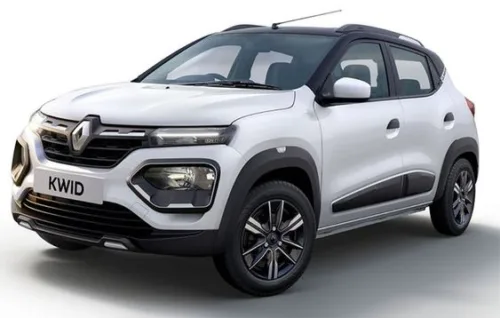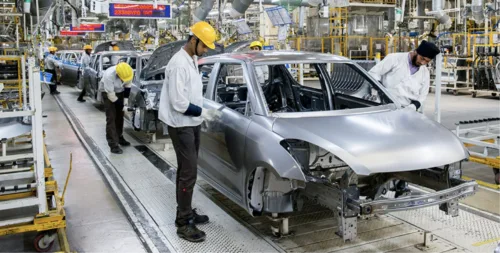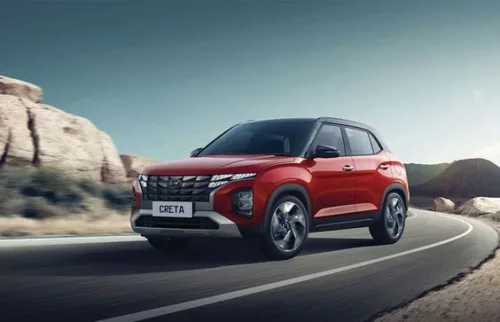Renault is planning additional investments
The French automaker is urging regulatory discipline in India as it strategizes new investments in the country’s rapidly flourishing auto market. Venkatram Mamillapalle, the head of Renault in India, expressed concerns about unnecessary engineering costs incurred due to New Delhi’s decision. He said not to implement a proposal mandating six airbags in cars, which impacted Renault’s preparations and investments.
With less than a 2% share in India’s competitive auto market, Renault is planning additional investments but is now reevaluating its approach to regulatory changes. Mamillapalle emphasized the importance of India adhering to its regulatory roadmaps and expressed dissatisfaction with the uncertainty caused by the government’s indecision on the airbags proposal.
Renault’s commitment to championing safety in the automobile industry
The proposed mandate for six airbags in all new cars sold after October 1, 2023, was put on hold, leaving Renault with dropped costs from re-engineering its cars and suppliers preparing for the now-delayed implementation. Mamillapalle stated that such regulatory changes involve significant engineering costs of millions of euros. Renault intends to wait for final regulations before implementing similar changes to avoid such sunk costs.
In a statement to Reuters, Mamillapalle welcomed India’s consideration of six airbags and encouraged further investment in this safety technology. He emphasized Renault’s commitment to championing safety in the automobile industry.
The company’s concerns about policy implementation in India echo broader industry apprehensions, particularly regarding sudden regulatory changes and their financial implications. The automaker’s comments come from a significant investor gathering in Prime Minister Narendra Modi’s home state of Gujarat.
Known for its popular Duster SUV in India, is navigating a growth plan prioritizing profitability over market share. In 2024, the company plans to launch upgraded variants of existing models, including the Kwid small car, the seven-seater Triber, and the SUV Kiger, incorporating more technology and connected features to appeal to entry-level car buyers.
Furthermore, the company and alliance partner Nissan are set to invest $600 million in India over the next three years to boost sales. The plan includes launching five new cars, including mid-sized SUVs and electric models, starting in 2025.
The company envisions additional investments beyond 2027 as part of a global strategy to allocate $3.2 billion to markets outside Europe, including Brazil, India, and Turkey. Mamillapalle concluded by asserting the robustness of Renault’s strategies, reaffirming the company’s commitment to the Indian market



